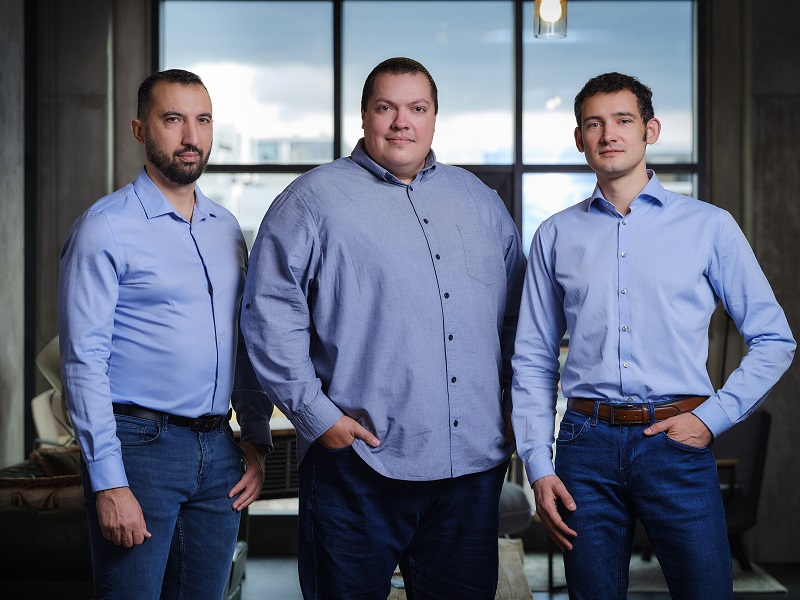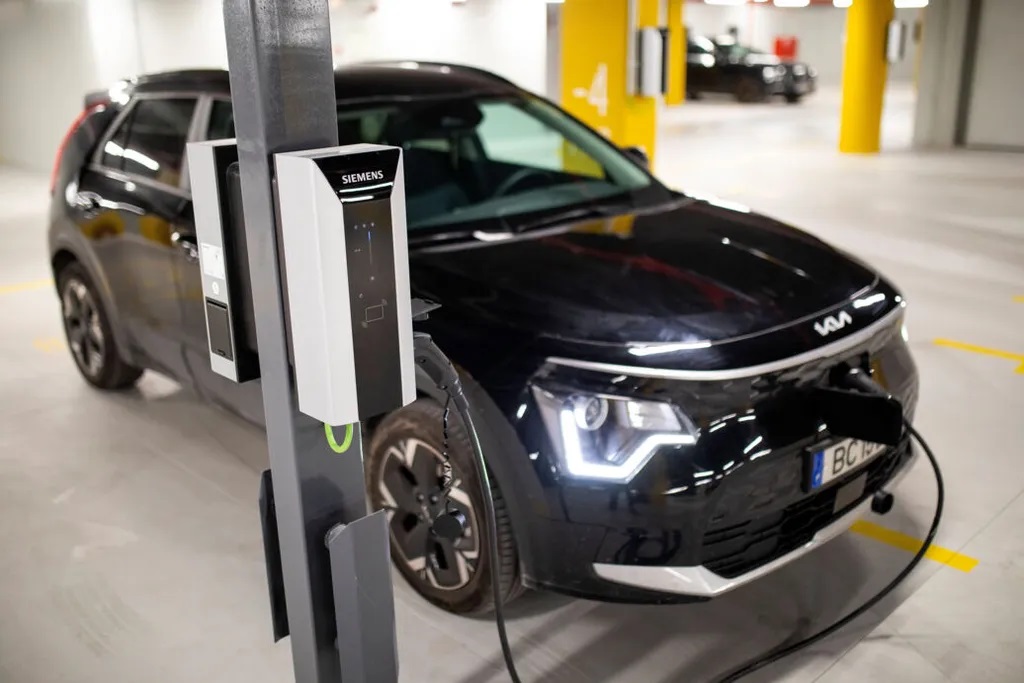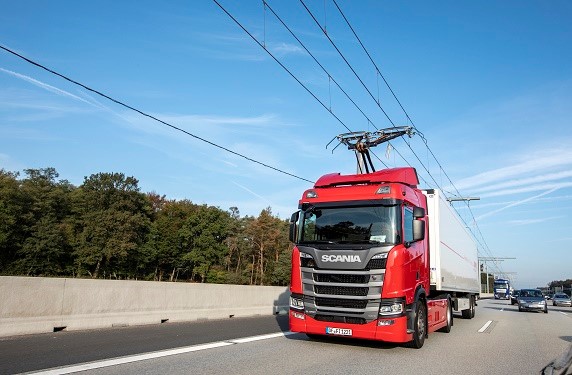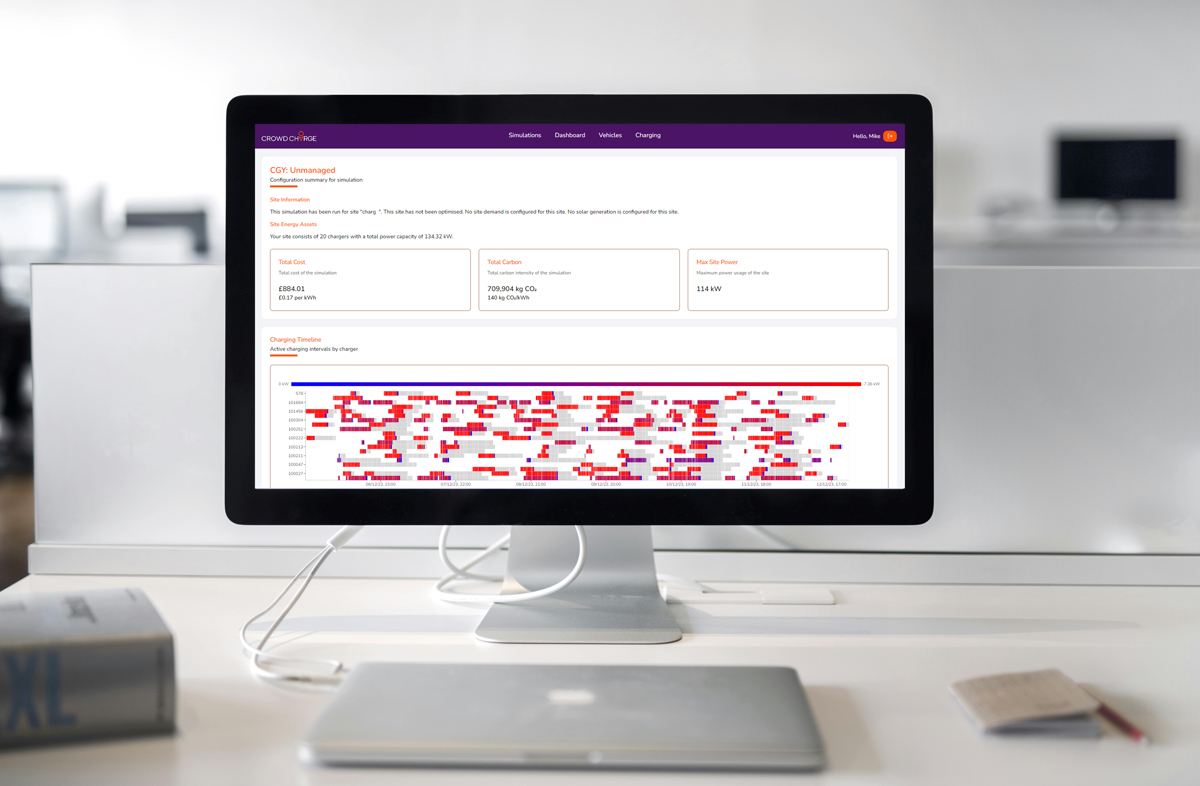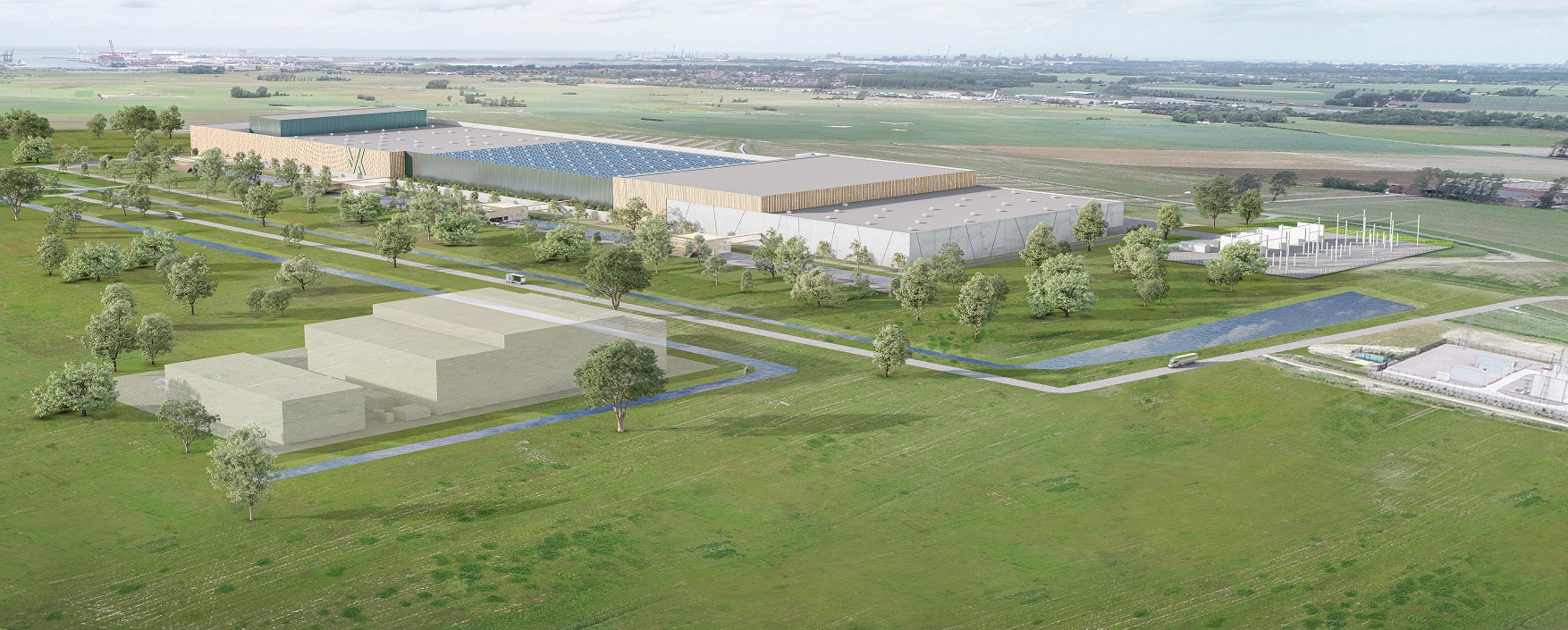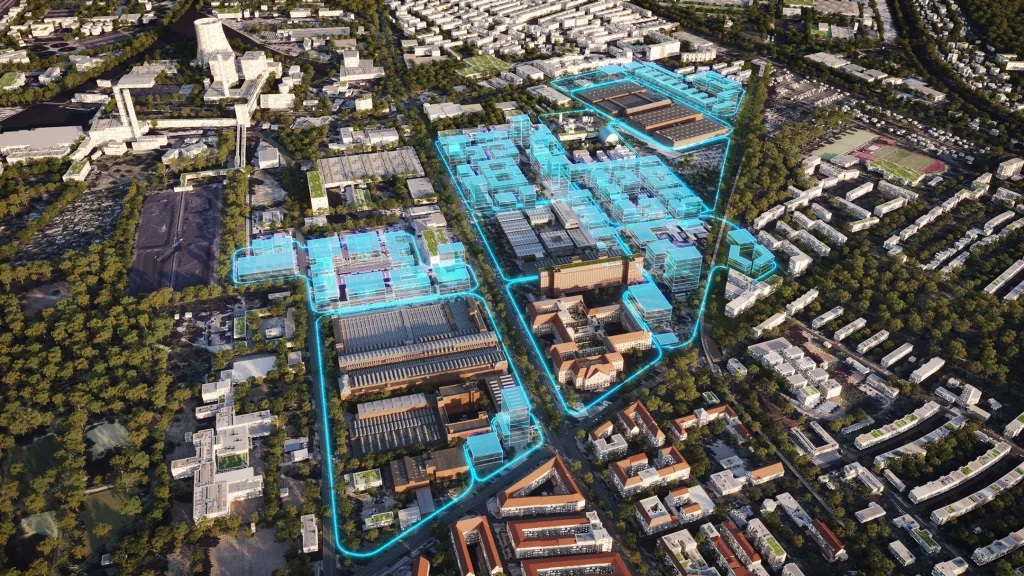
A partnership between electric truck services provider Volta Trucks and electrification giant Siemens is aiming to ensure power distribution, renewables integration, and energy services to build sustainable, electric fleet hubs.
Siemens has also announced a memorandum of understanding for a strategic partnership with Automotive Cells Company (ACC) for electric vehicle battery cell production, based on the digital portfolio of Siemens Xcelerator. In addition, key customers are leveraging the curated portfolio, such as Regent. The company, founded in 2020, builds all-electric seagliders for fast, safe, and low-cost coastal transportation and has adopted the Siemens Xcelerator portfolio of cloud-based software and services. Another example is a collaboration with the Fédération Internationale de l'Automobile (FIA) supporting them and their Championships including Formula 1 with sustainability efforts by adopting solutions from Siemens Xcelerator as a Service.
Siemens says a core lever for its value creation is the company’s goal of growing its digital businesses by around 10% per year by 2025. The launch of the Siemens Xcelerator platform has been the logical next step in Siemens’ digital strategy.
Siemens states that it will be able to unlock significant value for existing and new customers, especially new ones in the segment of smaller and mid-sized businesses. The launch of the business platform is also consistent with its move towards as-a-service offerings and will bolster the aim of increasing annual recurring revenue. In the first nine months of fiscal 2022, Siemens achieved revenues of €4.7bn through digital businesses and says it is well on track to exceed 10% growth, in fiscal 2022. Digital revenue in fiscal 2021 stood at €5.6bn.
Peter Körte, chief technology officer and chief strategy officer at Siemens, commented: “Siemens is about connecting the real and the digital world unlike any other company. It is about the convergence of software and hardware. Making hardware smart, equipping machines with sensors, connecting them to the internet of things, and using artificial intelligence to make them intelligent is the basis for industrial digitalization. Yet the best solution becomes a bad solution if it does not work well together with other technologies.
“The Siemens Xcelerator platform and its solutions are not about us or restricted to us. It’s all about making digitalisation easy for our customers by providing solutions that work and are open to grow.”
Since the launch of Siemens Xcelerator in July 2022, 58 partners have been certified, new offerings have been added, including Railigent X and Mobility Software Suite X from Siemens Mobility. With planned acquisitions like ZONA Technology, Siemens Xcelerator will increase its capabilities for climate-neutral aviation and included predictive maintenance capabilities for manufacturing with the company Senseye. The collaboration with Munich based company sustamize adds carbon emissions data to Siemens Xcelerator and is enabling organisations to measure, simulate, reduce, and track their product carbon footprint early in the product development phase. With Esri as a partner Siemens can bring grid planning and operation to a new level. These partners not only add with their portfolio to the platform, more so, develop solutions together with Siemens for the pressing needs of customers.
Siemens says the interoperability and openness of Xcelerator with its curated portfolio, where in future everything works seamlessly with each other, is the perfect basis for the Industrial Metaverse where players meet to democratise technology by making immersive experiences accessible to everyone. It adds that the digital twin is the key technology for this digital transformation in this decade. A digital twin is a software application that uses real-world data to create a simulation of a physical object such as a building or a service, which can then be used to predict how it will perform. Siemens, through its Digital Industries Business, claims to be one of the pioneers and global leaders in digital twin technology.
The company cites a specific use case for digital twins: This helps cities to optimise all aspects of design, construction, operations, and management. On a larger scale, digital twins can be used for the development and operation of entire cities and districts like Siemensstadt Square by interconnecting buildings, transportation systems and other infrastructure such as energy distribution. The advantages of this technology are immense in terms of financial, sustainability and livability improvements. Potentially costly mistakes can be avoided because the future-oriented location is being built twice – first in the digital world and then in the physical world. This way, mistakes can be made in the digital world first by seeing what the impact will be. Instead of having people adapt to a city or neighborhood, a city or neighborhood can now adapt to the needs of the people.
Through a partnership between Siemens and Bentley Systems, formalised in 2016, both companies have developed a digital twin for the process industries. Bentley is strong in engineering technology and Siemens is strong in operations technology including hardware and software. Bringing together operations technology (OT) with information technology (IT) is what infrastructure digital twins are at their core. By putting complementary strengths together to work across the lifecycle one offering is to build, operate, and optimize intelligent infrastructure. In the case of Siemensstadt Square, Siemens says a holistic digital and integral city twin offers the possibility to pre-simulate and significantly optimise urban planning and operations.
Siemens adds that the metaverse will require platforms that work seamlessly with edge devices and with each other. Digital twin platforms can share content with anyone involved in the infrastructure lifecycle including the engineers, contractors, builders, site engineers, and the general public. Infrastructure digital twins are the fundamental building blocks of virtual worlds that will allow groups to interact and collaborate in the metaverse to solve problems such as making infrastructure greener, more sustainable, more resilient. Current technologies forming a comprehensive digital twin solution, already available from Siemens, are paving the way to the industrial metaverse.



